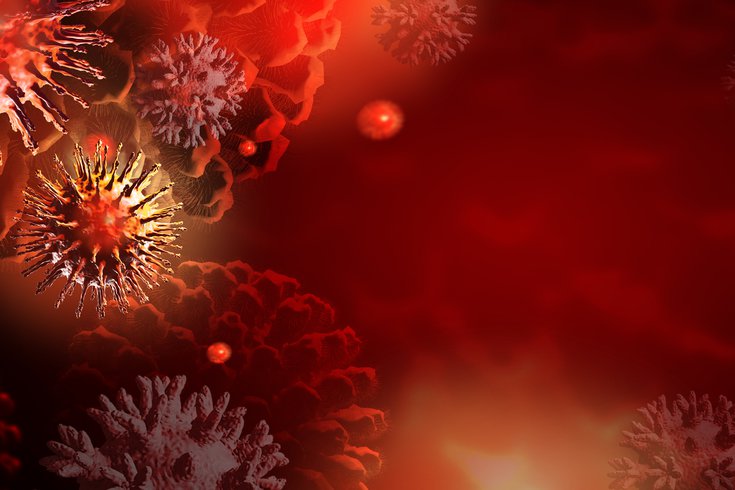
January 25, 2021
 Source/Image licensed from Ingram Image
Source/Image licensed from Ingram Image
New research shows cancer patients in remission also have a higher risk of severe COVID-19, underscoring the need for all oncology patients to take significant precautions to avoid exposure to the coronavirus.
Oncologists have been concerned about their patients' vulnerabilities to severe COVID-19 since the beginning of the coronavirus pandemic. Now, new research from Penn Medicine shows that people whose cancer is in remission also are at higher risk.
Earlier studies had focused on hospitalized patients who were undergoing treatment for active cancer. The new data highlights the importance of social distancing, mask wearing and vaccinations for all patients — not just those recently diagnosed or those with active disease, the Penn researchers said.
"Patients who have cancer need to be careful not to become exposed during this time," said Dr. Kara N. Maxwell, an assistant professor of hematology—oncology and genetics.
"That message has been out there, but these latest findings show us it's not only for patients hospitalized or on treatment for their cancer. All oncology patients need to take significant precautions during the pandemic to protect themselves."
In an analysis of more than 4,800 Penn Medicine patients, COVID-19 patients who had either active or inactive cancer had higher rates of hospitalization, intensive care unit admissions and 30-day mortality compared to non-cancer patients. Of the 328 positive cases through June, 67% had a cancer diagnosis in their medicine history and 73% had an inactive cancer.
Though an active cancer status was associated with worse outcomes, patients in remission were still found to be significantly at risk when compared to those COVID-19 patients without cancer.
The researchers also found that the proportion of Black patients who had COVID-19 was higher in both cancer and non-cancer patients when compared to all patients who tested positive for the coronavirus. Black cancer patients were more than twice as likely to test positive for COVID-19.
Numerous analyses have shown Black Americans have been disproportionately affected by the coronavirus.
"We really need to be thinking about race as a significant factor in trying to get people vaccinated as soon as we can," Maxwell said.
Previous studies have found the higher risk of COVID-19 complications for cancer patients is partly due to factors such as older age, higher smoking rates, co-morbidities, frequent health care exposures and the effects of cancer treatments.
The latest data, published in JNCI Cancer Spectrum, affirms that the cancer itself and its impact on the body may be exacerbating the infection.
There is some good news though. In a separate Penn Medicine study that has yet to be peer-reviewed, researchers found that patients receiving in-person cancer treatment were at low risk of acquiring a COVID-19 infection when aggressive mitigation efforts are practiced at the facility.